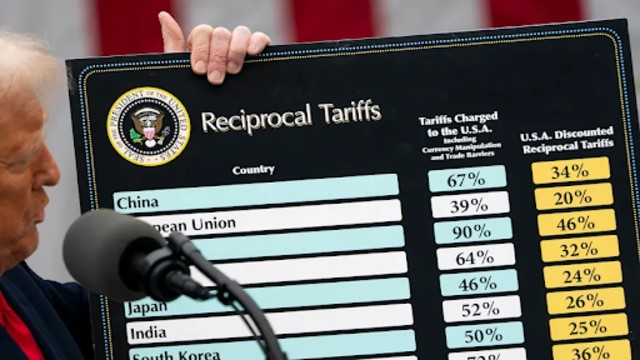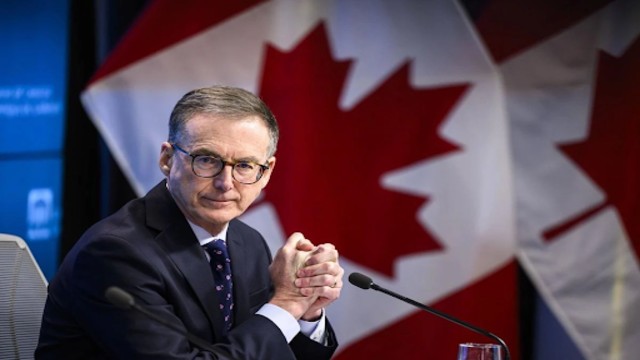
Canada Post workers were on strike on Monday, December 16, 2024.
After a month-long strike, Canada Post is set to restart its operations on Tuesday, following an order from the Canada Industrial Relations Board. However, Canadians can expect delays through the start of 2025 as the postal system works through a significant backlog of mail and packages.
The strike, which began on November 15, was the result of failed contract negotiations between Canada Post and the Canadian Union of Postal Workers (CUPW). The primary concerns of the dispute, including wage increases and Canada Post’s plans to expand weekend deliveries, remain unresolved. Despite the resumed operations, it’s expected that it will take time to clear the backlog of undelivered mail and packages.
Canada Post has warned that it will not start accepting new mail and parcels until Thursday, with international mail set to be received on December 23. As the company works to clear the backlog, post office hours may be adjusted, and the usual service guarantees will be suspended.
More than 55,000 postal workers walked off the job after months of unsuccessful negotiations, with no agreement reached. The government initially stayed out of the dispute but intervened after weeks of pressure from business groups and the public. Labour Minister Steven MacKinnon instructed the Canada Industrial Relations Board to order the workers back to work, pending a review of the situation and a future industrial inquiry.
The government is also appointing a commission to investigate the issues between Canada Post and the union, with recommendations due by May 15, 2025. MacKinnon referred to the government’s move as a "timeout," as it hoped the new commission would help resolve the deadlock.
Despite the strike ending, the union and Canada Post have yet to reach a full agreement. The union agreed to a 5% wage increase for workers, retroactive to the day after the contract expired, but key issues remain unresolved. The dispute over weekend deliveries is still a sticking point, with Canada Post pushing to expand services as a way to boost revenue. However, the union views these plans as an attack on full-time jobs, as Canada Post seeks to reduce costs by staffing the new shifts with part-time employees.
The strike’s impact was felt widely, especially during the busy holiday shopping season. Business owners and consumers struggled to find alternative delivery options as the backlog grew. The union has criticized the federal intervention, arguing that it undermines workers' rights to negotiate and strike.
This intervention is part of a broader trend in recent years, where the government has stepped in to end labour disputes, even when unions feel the process has been unfair. The union’s strong opposition to the government’s actions has led to legal challenges and heightened tensions over workers' rights.















